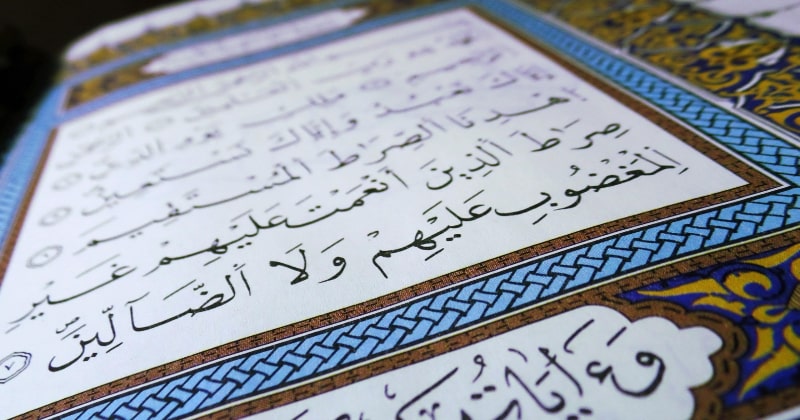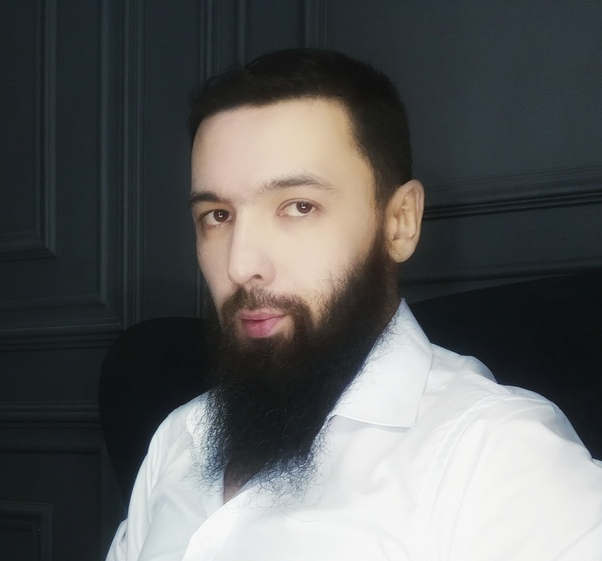
In the golden age of Islam, the streets of Medina echoed with the voices of companions reciting Qur’anic verses for healing. These recitations—known as ruqyah—were a source of spiritual protection and comfort, rooted in prophetic guidance. Fast forward to the 21st century, and the landscape has changed. Muslims now live in every corner of the globe, and the methods of communication have evolved dramatically. But one question persists: can ruqyah maintain its effectiveness in this digital age, especially when performed remotely?
The answer, grounded in both Islamic tradition and contemporary realities, is a confident yes. This article explores how the timeless practice of ruqyah has gracefully adapted to modern life, maintaining its purity, power, and legitimacy—even through a phone call.
THE TIMELESS NATURE OF RUQYAH
Ruqyah is a deeply spiritual act based on reciting Qur’anic verses and prophetic supplications to seek healing from physical, emotional, and spiritual ailments. Its effectiveness is not tied to the medium through which it is delivered but to the sincerity of the reciter, the faith of the recipient, and above all, the mercy of Allah.
Historically, ruqyah was performed face-to-face simply because that was the only available method. Today, digital tools such as voice calls, video sessions, and recordings have made it possible to deliver ruqyah across vast distances. The core remains unchanged: the healing comes from the words of Allah, not from physical touch.
A HEALING THAT TRAVELS
Our modern world is characterized by constant movement. People migrate for work, education, or safety. Many Muslims live in places where qualified ruqyah practitioners are scarce or nonexistent. For them, remote ruqyah is not merely an option—it is a lifeline.
A woman in Scandinavia suffering from waswas (whispers of Shaytan), or a student in Japan struggling with unexplained fatigue, may not have local access to traditional Islamic healers. But with a simple phone call, they can connect with a trustworthy practitioner, hear the recitation of Qur’anic verses, and find solace in divine words.
FATWAS IN FAVOR OF REMOTE RUQYAH
Modern Islamic scholars have issued multiple rulings (fatwas) supporting the permissibility of ruqyah performed via telephone or recorded audio. Scholars like Shaykh Ibn Baz and Shaykh Ibn Uthaymeen affirmed that ruqyah is fundamentally about the recitation of divine words, and as long as the words are clear and authentic, the distance between reciter and recipient is irrelevant.
This consensus emphasizes that the essence of ruqyah is spiritual, not physical. Therefore, hearing the recitation over a call, even if the practitioner is thousands of miles away, fulfills the spiritual requirement.
TECHNOLOGY: A TOOL, NOT A BARRIER
There is a misconception that spiritual acts must be done in traditional ways to be valid. However, Islam has always shown flexibility with regard to form, as long as the foundations of belief and practice remain intact.
Technology is not the enemy of spirituality; it can be its amplifier. Just as Muslims use apps to hear the adhan, follow prayer times, or read Qur’an, they can use phones and digital platforms to access ruqyah.
Think of it as a megaphone: it does not change the words but helps them travel farther. A sincere ruqyah session via phone is just as spiritually potent as one done in person, as long as the listener engages with intention and concentration.
PRESERVING CONFIDENTIALITY AND COMFORT
Another advantage of remote ruqyah is the privacy it provides. Many individuals feel more comfortable discussing personal struggles over the phone than in face-to-face meetings. Victims of spiritual afflictions, especially those involving sihr (black magic) or trauma, may hesitate to disclose details in person.
Remote sessions offer a safe, confidential space for such individuals to receive healing without fear of judgment or exposure. In this sense, modern tools enhance—not diminish—the dignity and emotional well-being of the patient.
A PRACTICE FOR THE GLOBAL UMMAH
Islam is a universal religion. Its message transcends culture, language, and geography. Likewise, its healing traditions are not limited to physical proximity. Remote ruqyah is simply a reflection of the globalization of faith.
With trusted practitioners now able to serve clients across continents, ruqyah becomes more accessible than ever before. It reinforces the idea that the ummah is one body—what benefits one part, benefits all. A healing voice in one corner of the world can comfort a heart in another.
SPIRITUAL READINESS
When we examine the essence of ruqyah, we find that internal spiritual readiness far outweighs physical presence. The listener’s faith, focus, and openness to healing determine the impact of the session. Whether the recitation is heard in a masjid or through a headset, the condition of the heart remains the key.
Imam Ibn Qayyim al-Jawziyyah noted that true healing comes when the verses of the Qur’an are received with conviction and humility. That spiritual state can be achieved anywhere—on a prayer mat at home, in a hospital bed, or while sitting quietly during a phone call.
A TRADITION THAT EVOLVES WITHOUT COMPROMISING
Remote ruqyah stands as a testament to Islam’s resilience and adaptability. It honors the tradition of healing through divine speech while embracing the tools of the modern world. In doing so, it extends the reach of spiritual care to those who may otherwise remain isolated or underserved.
From the alleys of Medina to the fiber-optic highways of today, the voice of healing travels on. The message is timeless: Allah’s words heal, no matter the distance.

